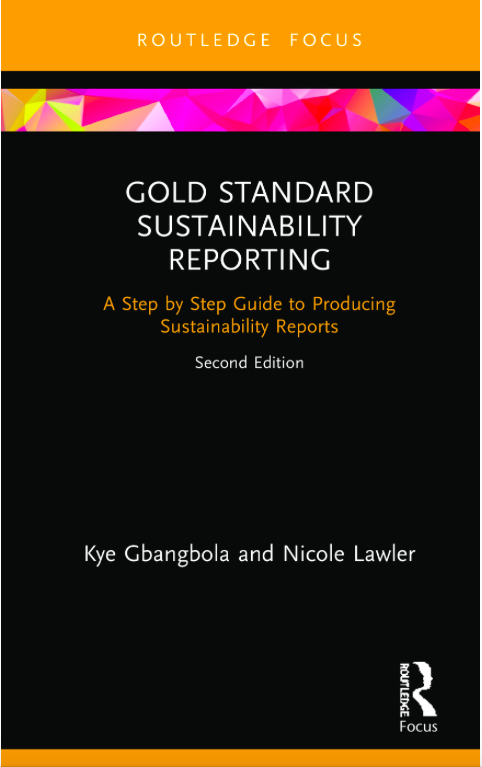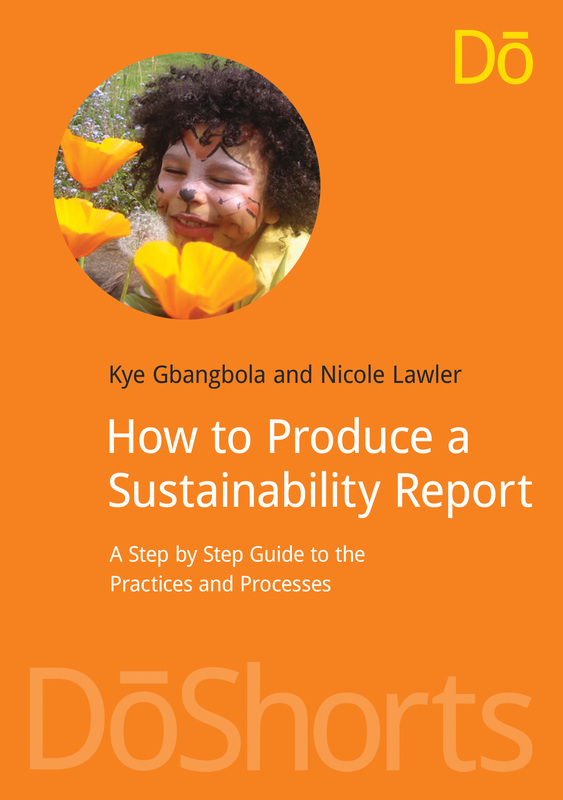Racism and climate change are already hitting black communities disproportionately hard, all over the world. They will also be hit hard by the covid-19 pandemic and the economic turmoil that will follow. It is time for change, says Kye Gbangbola.
If the coronavirus pandemic has shown us anything, it is the burning injustice and inequality associated with race. Some 90% of doctors and medical consultants who have died during the pandemic were from BAME (black, Asian, minority ethnic) backgrounds, often after being placed on the front line unprotected.
Racism was constructed to divide and rule, to oppress some and provide entitlements to others. It remains alive and well, a seamless continuous thread built into the architecture of the system, the lessons must be learnt, and a system that works for all, built back.
Legions of reports have, and will be written, telling us what black people already know and have experienced for centuries. In every sector the call will be ‘kick racism out’, the response needed is ‘take action now’.
The brutal murder of George Floyd in Minneapolis in broad daylight opened the eyes of the world to the structural and systemic abuse and murder of black people. Black people led the way saying no more, and ‘allies’ from all races came alongside.
For centuries racism has been used to keep inequality in place and to devalue those it targets. Fast forward to the present, and rights continue to be fought over, even while we seek to generate a future where black people can thrive, and not just survive, where they and their families receive their fair measure socially and environmentally. As a society this seems a reasonable request, but to make it a reality, it is up to all of us.
The role of organisations in outlawing racism
Organisations can play a vital role in supporting change, to generate a level playing field. Behaviours need to be consistent, government backed, and enjoy the support of boards and their executives. Diversity and equality are in the interests of the common good.
This will make common sense to most readers. However, there are massive societal gaps in the visibility and representation of race in the workplace. Even in the sector of sustainability, where issues of equality are often at the forefront and are discussed around every board table, involvement of black people has a long way to go.
Covert forms of exclusion come in many forms: being ignored, not being invited to events, being monitored and micro-managed, being overlooked for interviews and promotion, regularly being undermined. Racists are constantly denigrating the black person, forcing them to prove themselves, bullying and asking inappropriate questions that are culturally insensitive given some people’s culture and tradition. They are part of micro-aggressions that seek to ‘put people in their place’.
The former President of the Chartered Institute of Building (CIOB), professor Charles Egbu, notes the institute is not given to overt political positioning, but it is right to talk about and support Black Lives Matter (BLM), and consider what role the CIOB could or should play.
Organisations across business sectors are responding in solidarity. CIOB CEO Caroline Gumble and new president Mark Beard have signalled the CIOB’s intention to eradicate the disgrace and stain of racism in its statement on BLM.
Actions to end systemic racial disadvantages
Right now, there is a real appetite for change to end the systemic disadvantage experienced by black people in all areas of life.
Actions can include ‘allyship’: when you see a black person being abused, step in, take on the struggle as your own.
In addition, the collection of reliable and comparative equality data, agreeing levels of representation on boards – there is no shortage of BAME candidates but UK boardrooms fail to embrace diversity – access to credit through lenders, access to tenders and contracts of larger organisations, work risk assessments to protect the vulnerable, support for black businesses, support for further and higher education, apprenticeships with follow-up job opportunities.
Organisations must allow culturally sensitive freedom to speech, and ‘speak up guardians’ who support workers so complaints can be addressed without their names being tainted.
Board members should hold themselves and others accountable, and build networks that support development, they must also commit to anti-racism.
As part of their ongoing efforts to show support for the Black Lives Matter movement, companies including Nike, Twitter and Spotify are shutting their doors to hold protest days while giving employees paid time off. The move is commendable. But as Fortune’s Ellen McGirt observed, black employees deserve more than platitudes and social media statements. Now is the time for real change.
Reporting standards on racism need improvement
Global standards bodies, NGOs, and global institutions like the UN have a duty to support progressive corporate change to drive out racism wherever it exists.
The Global Reporting Initiative (GRI) is the gold standard of ‘report and explain’ corporate sustainability reporting. GRI disclosure 405-1 covers ‘Diversity of Governance Bodies and Employees’, while disclosure 405-2 covers ‘Ratio of Basic Salary and Remuneration of Women to Men’. GRI records numbers in each employee category, but importantly, not what qualitative assessments are carried out to build equality.
Standards bodies could ask the organisations to disclose what advice and support is given to communities to encourage greater BAME representation on boards and in the ranks of senior executives and managers.
In the encouragement of equal treatment, GRI could give guidance on the key impacts, risks, and opportunities that arise as a result of the organisation’s anti-racism activities and relationships. Targets and performance should be disclosed with an emphasis on integrity.
Making the most of a seismic shift
Since the coronavirus struck, and since George Floyd’s murder, there have been some seismic shifts at every level of society. Government bailouts, senior executives requesting their jobs be given to black people qualified and experienced for the role, volunteers coming forward to feed children and families in poverty.
Major global companies including Lloyd’s of London are pledging to address their founders’ roles in the transatlantic slave trade and genocide, and to make amends for their role in this appalling and shameful period of British history through funding for BAME groups.
In Britain alone, to achieve the abolition of slavery in 1833, slave owners had to be compensated by the government with huge sums of money, equivalent to 40% of GDP, which took until 2015 to pay back. The equivalent of 40% GDP today is just over a trillion pounds. But in 1833, those who had been enslaved received nothing but absolute poverty.
Even Justin Welby, the Archbishop of Canterbury, says his favourite images of Christ from around the world all depict him with dark skin. He says Christ was not white, and it is important for people to remember this.
Today’s executives want to acknowledge their history and change their culture. They admit to not having all the answers but want to listen to stakeholders to strengthen diversity and inclusion, and outlaw racism and discrimination. They will invest in positive programmes to attract, retain and develop BAME talent as well as supporting community groups.
The enhanced guidance to measure this progress should be provided by standards bodies who must also walk the talk. Black Lives Matter can ask for knees to be removed from necks, but it is the responsibility of the oppressor to remove it. We are taught that all people are made equal; so we must act on racism, and climate change, to build a sustainable world.















 RSS Feed
RSS Feed
